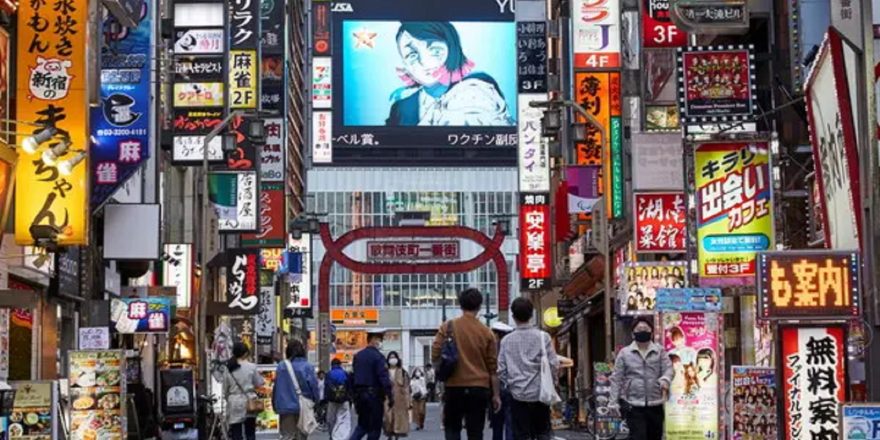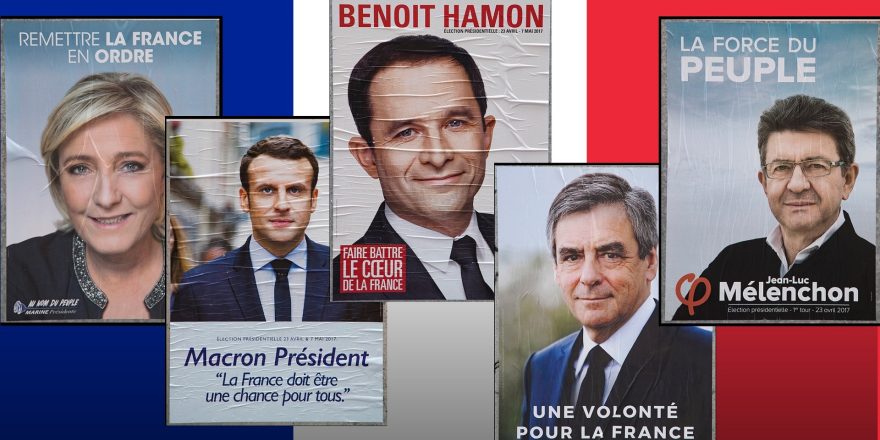Arkady Rotenberg waited about eight weeks before buying a $7.5 million painting in New York City the first time the U.S. government slapped his family with sanctions and locked him out of the U.S. financial system, in 2014 after Russia annexed Crimea.
The sanctions imposed on Russian Oligarchs seem to barely affect or slow them down, that is the case of the Rotenbergs. Arkady Rotenberg who is a lifelong friend to Vladimir Putin, has an estimated net worth of $3 billion dollars. Around $91 million dollars are estimated to have passed into the economy proceeding from accounts linked to the Rotenberg family. His brother, Boris, also became a billionaire after sanctions were imposed on him.
Today, major Russian banks have been cut off from the global financial system, the government faces default, and many multinationals are closing their Russian operations. While Putin’s soldiers lay siege to neighboring Ukraine, world leaders have responded by strangling the Russian economy.
The logic now is the same as it was in 2014, squeeze Putin’s allies to put pressure on him. A new raft of European and American sanctions has been announced, against Putin, as well as those considered close to him, including Boris Rotenberg and Arkady Rotenberg’s son, Igor.
Despite the efforts and sanctions imposed, the question remains, will they work this time? Arkady Rotenberg is just one example of the past ineffectiveness of measures described as the “financial death penalty.”
Analysis of global corporate filings identified nearly 200 companies associated with the Rotenbergs, spread across three continents and a dozen countries. Many of the firms are now inactive, but even after Rotenberg was placed on sanctions lists in 2014, he was able to take a stake in at least seven companies in European offshore tax havens.
The efforts toward oligarchs have been more widespread and coordinated, this time. The European Union and the United States led the charge, but were followed by Britain, which had been more reluctant in the past. Australia, Japan, Canada and others joined, sizing down the world market for Russian wealth. Even Switzerland said it would freeze Russian assets.
The oligarchs are important because they are the ones who would trigger a palace coup if it ever happened, and is it also know that Putin relies on people close to him to hide his money.
Even with all the changes, there are gaps allowing oligarchs to move and hide assets. After the Senate report demonstrated how Arkady Rotenberg purchased fine art in the United States, lawmakers like Senator Rob Portman, tried to force art dealers to abide by the same anti-secrecy requirements as banks. Lawmakers killed the idea and allowed art sales to remain anonymous, forced by heavy lobbying from auction houses.






